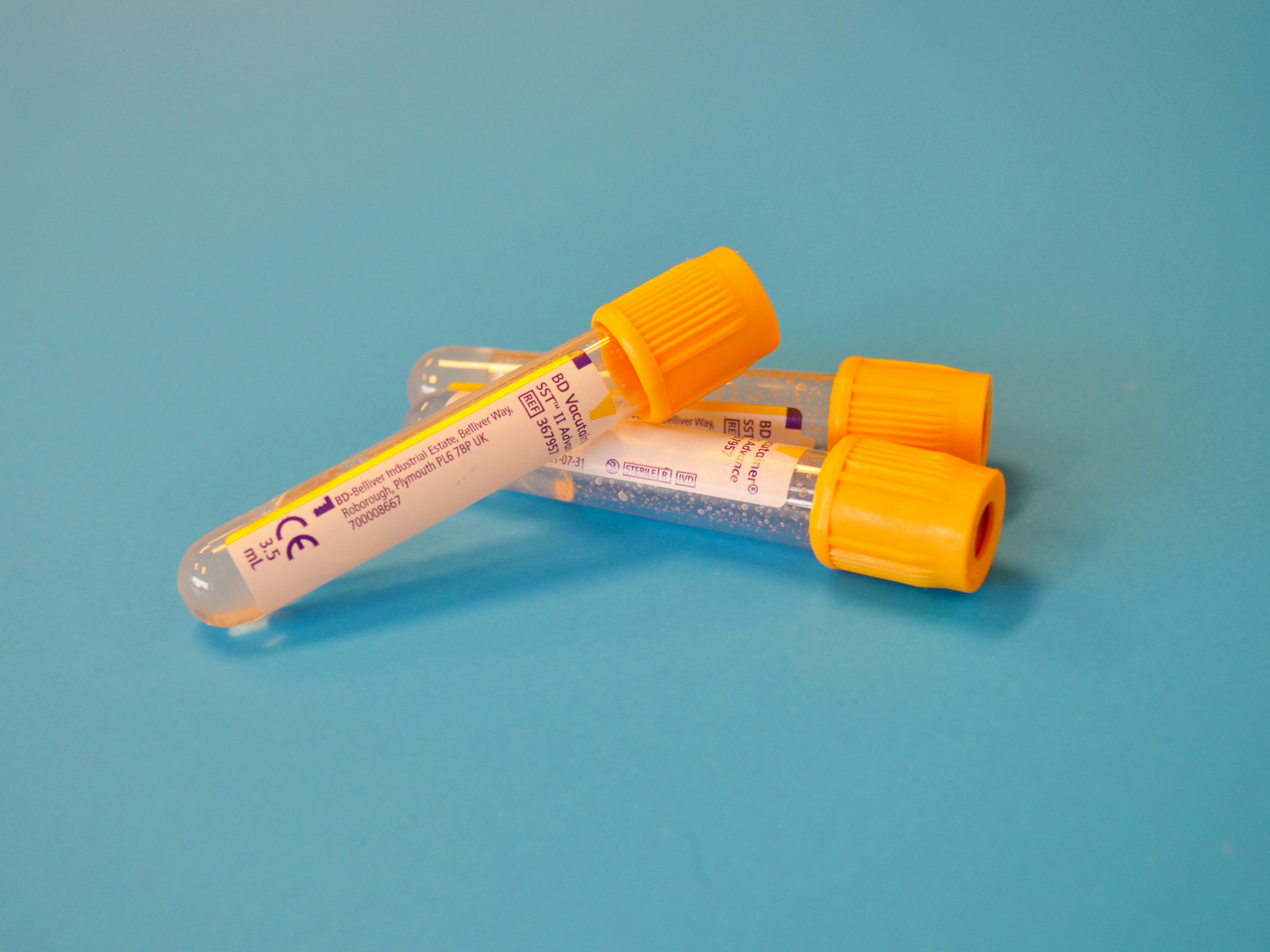What Is the Knowing-Doing Gap?
The knowing-doing gap is the disconnect between knowledge and action. In health, it explains why so many people know the benefits of exercise, nutrition, and sleep—yet struggle to follow through. Understanding the psychology behind this gap is the first step to closing it.
The Psychology of Procrastination and Self-Sabotage
Our brains are wired to choose short-term comfort over long-term health.
Key reasons we resist healthy habits:
- Present bias – We overvalue immediate rewards and undervalue future benefits.
- Effort aversion – Our brains conserve energy, resisting effortful activities like exercise.
- Uncertainty anxiety – New habits feel uncomfortable and risky.
- Identity protection – We avoid changes that challenge our current self-image.
- Emotional barriers – Fear of failure, perfectionism, and shame can stop us before we start.
Why “Finding Time” for Healthy Habits Doesn’t Work
“I’ll start exercising when things calm down.” “I’ll sleep more after this busy season.” Sound familiar? The truth is your schedule will never magically free up time for health habits.
Here’s why:
- The urgency trap – Urgent tasks always win over important but non-urgent health goals.
- The reprioritization requirement – Habits don’t happen in leftover time. You need to protect time by removing or reorganizing something else.
The question isn’t “When do I have time?” but “What am I willing to give up to prioritize my health?”
The Hidden Cost of Choosing Comfort Over Health
Every time you choose “easy now,” you borrow from your future health. Think of it like putting health expenses on a credit card—the bill always comes due.
The invisible health timeline:
- Week 1–4: Skipping exercise feels fine.
- Months 2–6: Energy dips, sleep quality declines.
- Years 1–3: Lab values shift, chronic symptoms emerge.
- Years 5–10: Chronic disease, major interventions, lifestyle limitations.
The illusion of comfort today creates harder tomorrows.
Habits and Chronic Disease Prevention
Did you know 80% of chronic diseases are preventable through lifestyle? Heart disease, type 2 diabetes, many cancers, and autoimmune conditions are tied more to daily habits than to genetics.
Core health habits that prevent disease:
- Daily movement – Reduces inflammation and improves energy.
- Quality sleep – Regulates hormones and supports brain health.
- Stress management – Lowers cortisol and supports digestion.
- Nutrient-dense eating – Fuels repair, immunity, and long-term health.
Why We Chase Hacks Instead of Basics
Many people spend hours researching supplements, biohacks, or advanced therapies—while ignoring sleep, movement, and food.
Reasons we avoid the obvious:
- Complexity bias – Assuming complex problems require complex solutions.
- Novelty seeking – Valuing new information over consistent action.
- Control illusion – Research feels productive but delays action.
- Status signaling – “Knowing” feels more sophisticated than “doing.”
Yet the 80/20 rule holds true: 80% of your health results come from 20% of your habits—the basics you already know.
How to Close the Knowing-Doing Gap
Practical ways to bridge the gap between knowledge and action:
- Identity shift – Instead of “I want to exercise,” say “I am someone who moves daily.”
- Make good choices easier – Place workout clothes by your bed, remove distracting apps, stock healthy food.
- Habit stacking – Link new habits to existing routines (“After brushing teeth, I’ll do 10 squats”).
Weekly Action Plan to Build Consistency
- Monday: Apply the One-Percent Rule. Do one habit 1% better than yesterday.
- Tuesday: Schedule your habits like medical appointments.
- Wednesday: Find an accountability partner.
- Thursday: Audit your environment and make one change that supports health.
- Friday: Follow the Two-Day Rule—never skip more than two days.
- Weekend: Write a letter from your future self, thanking you for the habits you’ve started.
When Motivation or Perfectionism Get in the Way
- Motivation follows action – Start with the smallest possible step.
- Perfectionism trap – “Done is better than perfect.” A short walk beats a skipped workout.
- Life chaos plan – Have a “minimum version” of each habit ready.
Bottom Line: From Knowing to Doing
The gap between knowing and doing isn’t about lack of knowledge—it’s about psychology, environment, and systems. The good news? These are solvable.
Your body is keeping score of every choice. The question isn’t whether healthy habits matter—it’s whether you’re ready to act on what you already know.
Challenge for this month:
Pick ONE habit. Master it consistently. Then build from there.
Are you looking for a personalized health plan and accountability partner? Let's Chat!










